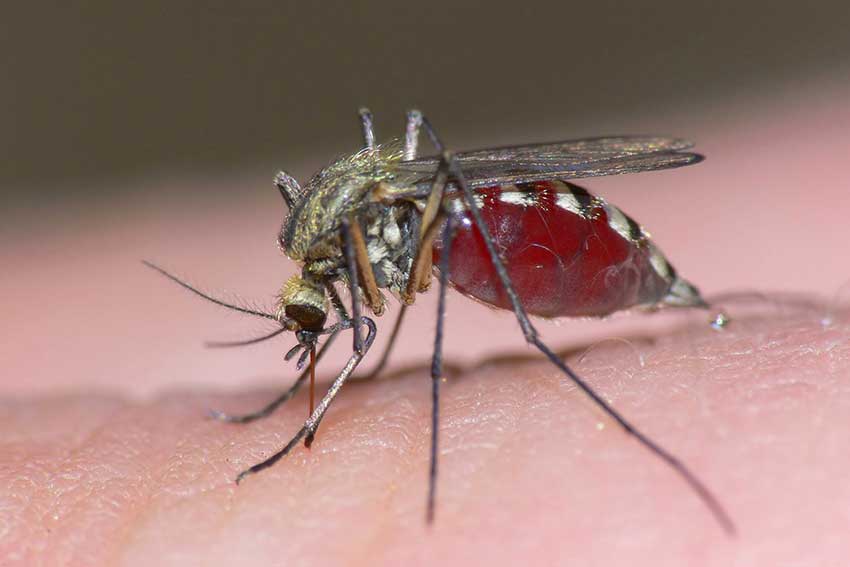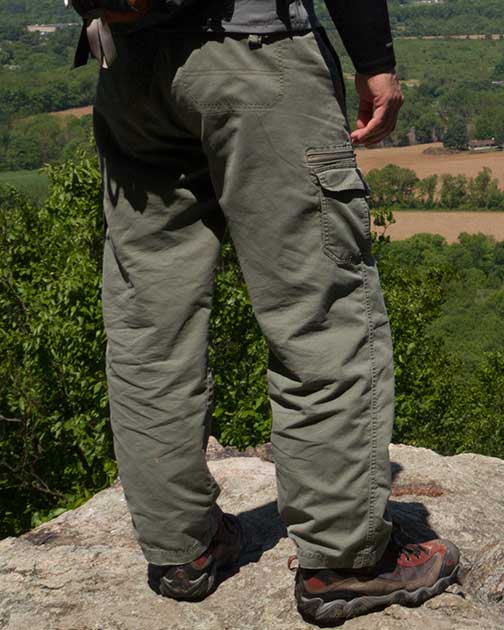RiskVA
Outfitting Safety – Part 1 10 Jun 2009
It’s almost summer and the ponds, lakes, fields and forests beckon with magic allure and the mistaken idea that outdoor activities are always safe and harmless. Although “lions and tigers and bears” seldom lurk in East Texas woods, there are other dangers and inconveniences out there.
Rule #1 – Protect from skin cancer and cataracts.
Wear sunglasses rated to stop ultraviolet and slather on sun cream with a sun block rating of SPF 50 or higher. This is particularly important if you plan trips to mountain areas since high altitude means thinner atmosphere to damp out ultraviolet radiation. Sun reflected from mountain snow banks can burn you under your chin, ears and even inside your nose. In addition, cloudy weather provides little or no protection from sunburn.
It is amazing to see how warm weather brings out latent strippers who have few physical assets worth baring, in addition to well-endowed folks whose poor taste drives them to flaunt and barbeque everything they have.
In any case, the sun, now higher in the sky than during winter, is blitzing everything in sight with copious doses of ultraviolet radiation, and myriads of semi and total nudists are happily toasting themselves as they frivolously invite various skin cancers, including deadly, malignant melanomas. The only thing you can do that’s more dangerous is go to tanning booths.
Besides its effects on the skin, ultraviolet radiation is tough on the eye’s lens, greatly increasing the chances of developing cataracts.
Rule #2 – Wear long pants, shoes that cover your feet, and a hat.
Outdoor safety experts have for years, encouraged outdoor recreationists to wear long pants. Shorts may be an effective courting or mating tool, exposing your long, smooth or hairy legs to view, but they are also an open invitation to trouble.
Venomous snakes like nothing better than an uncluttered view of a nice warm leg. Pants dangling around legs and ankles often confuse the reptile so when they strike their fangs tangle in the cloth and never get to the target’s skin.
Then of course, there’s poison ivy, that luxuriant three-leafed toxic plant, shrub or vine that grows so abundantly in East Texas and promises a world of itchy fun when gently brushed by an exposed leg or arm. And, let’s not forget greenbrier, dewberries, and blackberries. For a real zinger, try wandering through a cluster of stinging or horse nettles bare-legged!
Shoes or boots not only repel briars and offer some protection against snakes, but also keep you from sunburning the tops of your feet - a real experience on Monday when you have to put shoes on again to go to work. Ankle high shoes or boots will also minimize the chances of sprained ankles Sandals and flip-flops almost guarantee a stumble that can pitch you on your face or down a mountain cliff. Why campers and staff are so often encouraged to wear shorts and sandals is beyond me. Only greenhorns and Scouts (often the same thing) dress this way in the woods. I won’t even comment on people who wander the woods entirely barefooted!
Topping your dome with a hat will protect you from a sunburned scalp, especially if your cranial cover is a little thin. And if your chapeau has a brim, it will keep you from cooking your ears and face. Finally, pesky, biting deerflies tend to attack the highest part of an animal and the hat will frustrate their assaults.
Rule #3 – Use insect and tick repellants.
Insect repellants containing DEET and tick repellants with permethrin are important for even the casual outdoor enthusiast. East Texas is blessed with ticks that carry at least five diseases dangerous to humans. Spray tick repellant on your boots, pant legs and socks, but not your skin.
DEET containing insect repellants will discourage chiggers, mosquitoes, biting flies and to a lesser extent, ticks. However, a few people, have reactions to DEET, so use it with care until you know how it will affect you. Furthermore, it dissolves plastic, so don’t get your repellant covered fingers on glasses with plastic lenses or other items you don’t want permanently embossed with your fingerprints.
Use caution and common sense in your field and forest adventures and have fun this summer. I’d like you to be unscratched, unbitten, unburned, and still alive when summer fades.
Dr. Risk is a professor emeritus in the College of Forestry and Agriculture at Stephen F. Austin State University in Nacogdoches, Texas. Content © Paul H. Risk, Ph.D. All rights reserved, except where otherwise noted. Click paulrisk2@gmail.com to send questions, comments, or request permission for use.


